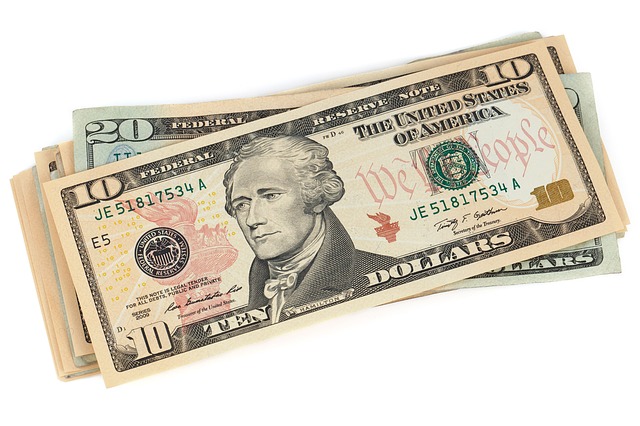In general, an individual finds out the cost of their bail soon after being arrested and booked at the police station. While some people have the misconception that their bail amount is unfair or arbitrarily decided, this is not the case.
Typically, each jail has a bail schedule, or a document that determines what amount is assigned for certain offenses. Serious crimes, such as a felony DUI, often come with a bail many times higher than lesser crimes. While this bail schedule is based off of the laws of that state, the specifics tend to vary depending on the jailhouse, crime, and area.
Thanks to this bail schedule, a defendant can often post bail and be freed within 24 to 48 hours (before they even go to a bail hearing). In addition, if they find the amount too high, they can work with a bail bonds company like Afford-A-Bail in Cheshire or try asking their bail hearing judge to consider reducing the amount. Once the set bail amount is paid, then the defendant is released.
However, in some scenarios and for defendants charged with serious offenses, bail is not always this straightforward. Here are 3 important factors that can also influence bail amount.
Severity and Circumstances of the Crime
One of the main things judges consider when setting bail is the nature of the offense. While each situation is unique, it makes sense that the bail amount for violent crimes like murder or rape would be much higher than misdemeanors like traffic violations or littering.
Depending on the situation, judges can set bail as low as a few hundred dollars to more than a million. In rare cases, they can even deny bail completely if they feel the defendant is too dangerous and would be a threat to the public, victims, or witnesses if they were released.
Criminal Record and Court History
Judges and the court system tend to be less lenient towards repeat offenders. If a defendant has been arrested multiple times for the same (or similar) crimes, a judge may decide to give them a higher bail amount than they would for a first-time offender. After all, in the eyes of the law, a defendant who has committed the same offenses multiple times should know better.
In addition, if the defendant has a history of not appearing to their court sessions in the past, the judge may view them as a “flight risk” and increase their bail. We still offer bail bonds to those with high dollar bonds.
Personal Status and Community Ties
When deciding bail, judges also consider the defendant’s personal history, family situation, employment, status in the community, and wealth.
A defendant that has a stable job, a family depending on them, and/or a good reputation in the community is less likely to jump bail if released. As a result, the judge might consider lowering their bail amount.
On the other hand, bail might be increased for a defendant that is wealthy or a non-citizen. This is because they may attempt to use their money to flee the country or return to their native land while out on bail.

